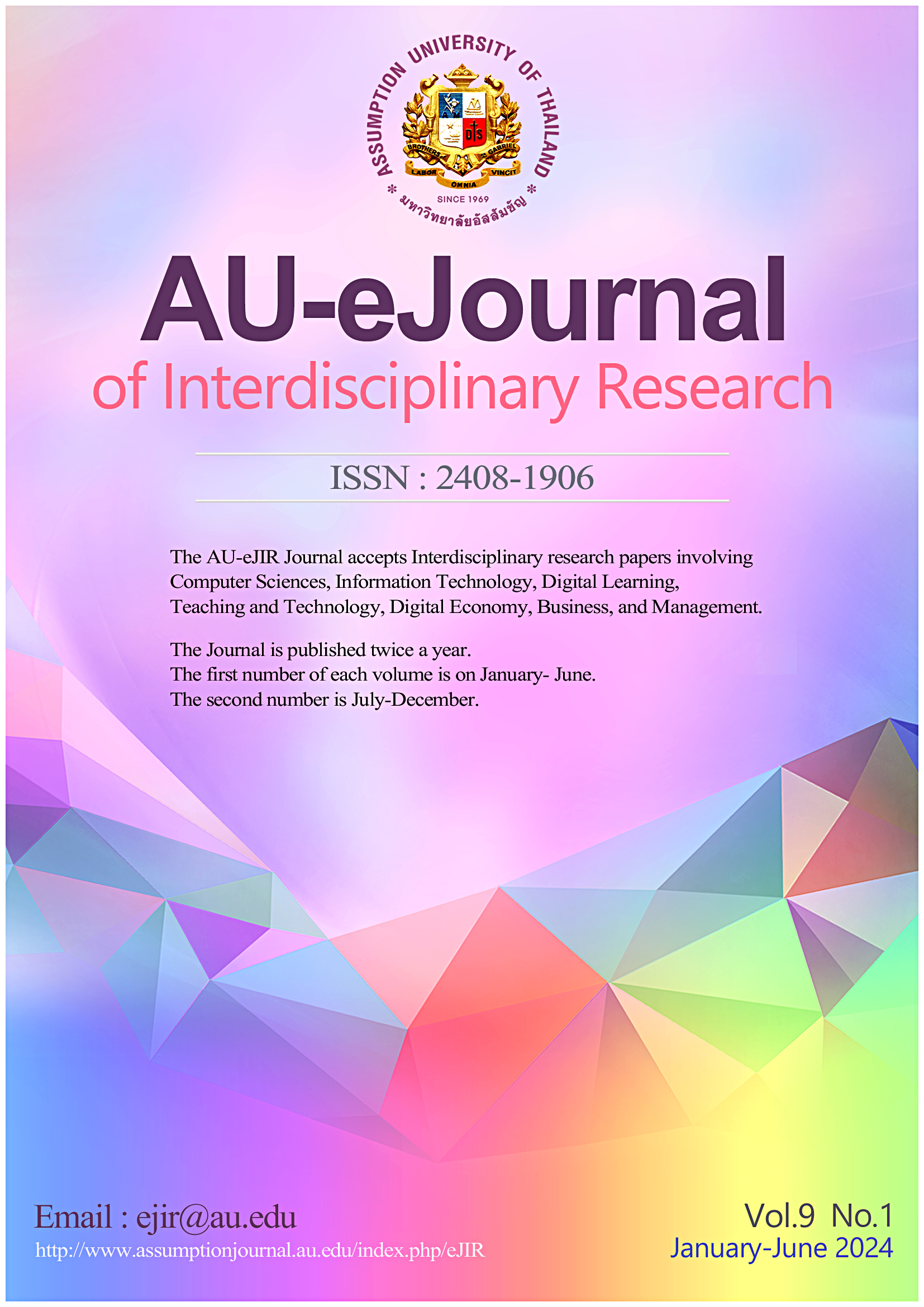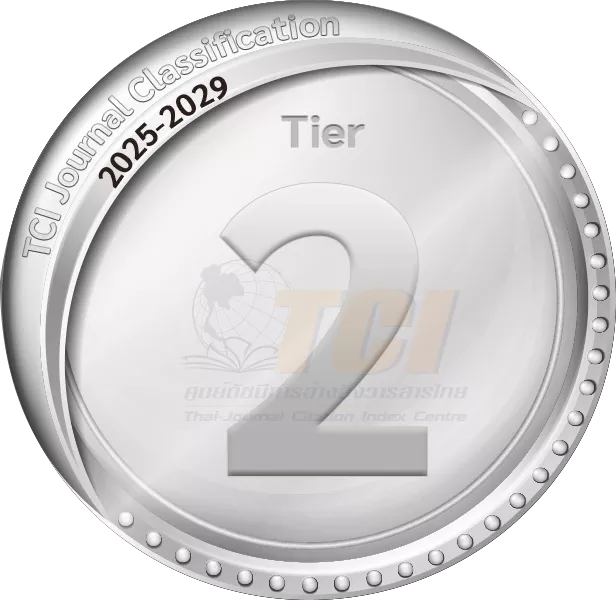THE PRINCIPAL TRANSFORMATIONAL LEADERSHIP STYLES AND THEIR EFFECTS ON TEACHERS' MOTIVATION
Keywords:
Principal, Principals’ transformational leadership, Idealized influence, Inspirational motivation, Intellectual stimulation and Individualized consideration, Teachers’ motivation, Private institutesAbstract
Purpose: The purpose of this paper is to identify the factors of principal transformational leadership styles effect on the level of teachers’ motivation in Private Institutes at Yangon Region. The research objectives were to examine the levels of principal transformational leadership style including idealized influence, inspirational motivation, intellectual stimulation and individualized consideration, teachers’ motivation and identify the factors of principal transformational leadership styles effect on the level of teachers’ motivation. The survey questionnaire was applied for data collection with 36 teachers from 3 private institutes participated as the respondents. Multiple Linear Regression was applied for data analysis. The results revealed that a transformational leadership has statistically significant influence on teachers’ motivation. The individualized influence was the strongest influence which was accounted for 39.3% of the variance in the teacher’s motivation and it was statistically significant at p <.001 with the Beta value of .701. In conclusion, this study recommends that principals should focus on individualized consideration factor that enhance the level of teachers’ motivation to increase effectiveness of private institutions at Yangon Region, Myanmar.
References
Abdullah, A. R., Muhammad, M. Z., & Nasir, N. A. (2019). The role of soft skills within business students towards graduate employability. Journal of Entrepreneurship and Business, 7(2), 1-14.
Ackah-Jnr, F. R. (2018). System and school-level resources for transforming and optimizing inclusive education in early childhood settings: What Ghana can learn. European Journal of Education Studies.
Afsar, B., Shahjehan, A., Shah, S. I., & Wajid, A. (2019). The mediating role of transformational leadership in the relationship between cultural intelligence and employee voice behavior: A case of hotel employees. International Journal of Intercultural Relations, 69, 66-75.
Ahmad, F., Abbas, T., Latif, S., & Rasheed, A. (2014). Impact of transformational leadership on employee motivation in telecommunication sector. Journal of management policies and practices, 2(2), 11-25.
Avolio, B. J., Bass, B. M., & Jung, D. I. (1999). Reexamining the components of transformational and transactional leadership using the multifactor leadership questionnaire. Journal of Occupational & Organizational Psychology, 72(4), 441-62.
Balyer, A., & Oezcan, K. (2012). Cultural Adaptation of Headmasters' Transformational Leadership Scale and a Study on Teachers' Perceptions. Eurasian Journal of Educational Research, 49, 103-128.
Bello, S., Ibi, M. B., & Bukar, I. B. (2016). Principals' Administrative Styles and Students' Academic Performance in Taraba State Secondary Schools, Nigeria. Journal of Education and Practice, 7(18), 62-69.
Bogler, R. (2001). The influence of leadership style on teacher job satisfaction. Educational administration quarterly, 37(5), 662-683.
Celik, V. (2003). Eğitimsel liderlik (Educational Leadership). Page A Publishing.
Cheng, Y. C., & Townsend, A. C. (2000). Educational change and development in the Asia-Pacific region: Trends and issues. Swets & Zeitlinger.
Collie, R. J., Granziera, H., & Martin, A. J. (2019). Teachers' motivational approach: Links with students’ basic psychological need frustration, maladaptive engagement, and academic outcomes. Teaching and Teacher Education, 86, 1-13. doi:10.1016/j. tate.2019.07.002
Costache, A. (2018). Transformational leadership in Romania’s education system: preliminary results. Romanian Journal of Psychological Studies, 6(2), 3-12.
Davidson, E. (2007). The pivotal role of teacher motivation in tanzanian education. The Educational Forum, 71(2), 157-166.
Durksen, T., Klassen, R., & Daniels, L. M. (2017). Motivation and collaboration: The keys to a developmental framework for teachers’ professional learning. Teaching and Teacher Education, 67, 53-66. doi:10.1016/j. tate.2017.05.011
Efendi, N. (2015). Islamic Educational Leadership: Memahami Integrasi Konsep Kepemimpinan di Lembaga Pendidikan Islam. Kalimedia.
Eranil, A. K., & Özbilen, F. M. (2017). Relationship between School Principals' Ethical Leadership Behaviors and Positive Climate Practices. Journal of Education and Learning, 6(4), 100-112.
Evangelista, A. B. (2014). Domains of Leadership Behavior of Administrators as Determinants of Self-Efficacy of Faculty in Engineering and ICT Schools. John Paul II College of Davao.
Eyal, O., & Roth, G. (2011). Principals' leadership and teachers' motivation: Self‐determination theory analysis. Journal of educational administration, 49(3), 256-275.
Gagne, M. (2014). The Oxford handbook of work engagement, motivation, and self-determination theory. Oxford University Press.
Gilbar, C. R. (2015). Principals’ Leadership and Teacher Motivation. the School Reform Era.
Haj, S. J., & Jubran, A. M. (2016). The Extent of Principals' Application of the Transformational Leadership and Its Relationship to the Level of Job Satisfaction among Teachers of Galilee Region. Journal of Education and Practice, 7(11), 114-119.
Hardman, B. K. (2011). Teacher’s Perception of their Principal's Leadership Style and the Effects on Student Achievement in Improving and non-improving schools. University of South Florida.
Jackson, C. J. (2020). Transformational leadership and gravitas: 2000 years of no development?. Personality and individual differences, 156, 109760.
Keller, M. M., Neumann, K., & Fischer, H. E. (2017). The impact of physics teachers’ pedagogical content knowledge and motivation on students’ achievement and interest. Journal of Research in Science Teaching, 54(5), 586-614. doi:10.1002/tea.21378
Kiboss, J. K., & Jemiryott, H. K. S. (2014). Relationship between principals’ leadership styles and secondary school teachers’ job satisfaction in Nandi South District, Kenya. Journal of Education and Human Development, 3(2), 493-509.
Klassen, R. M., Al-Dhafri, S., Hannok, W., & Betts, S. M. (2011). Investigating pre-service teacher motivation across cultures using the Teachers’. Teaching and Teacher Education, 27(3). 579-588.
doi:10. 1016/ j. tate.2010.10.012
Latham, G. P. (2012). Work motivation: History, theory, research, and practice (2nd ed.). SAGE Publications.
Leithwood, K., & Jantzi, D. (2006). Transformational school leadership for large-scale reform: effects on students, teachers, and their classroom practices. School Effectiveness and School Improvement, 17(2), 201-227. https://doi.org/10.1080/09243450600565829
LeTellier, J. P. (2006). Quantum learning & instructional leadership in practice. Corwin Press.
Ogola, M. (2017). The influence of individualized consideration leadership behavior on employee performance in small and medium enterprises in Kenya. International Journal of Business and Social Science, 8(2), 1-11.
Othman, A., & Wanlabeh, N. (2012). Teachers’ perspectives on leadership practices and motivation in Islamic private schools, Southern Thailand. Asian Education and Development Studies, 1(3), 237-250.
Pimentel, J. L. (2010). A note on the usage of Likert Scaling for research data analysis. USM R&D Journal, 18(2), 109-112.
Sallis, E. (2006). Total Quality Management in Education (Manajemen Mutu Pendidikan). IRCisod.
Seniwoliba, A. J. (2013). Teacher motivation and job satisfaction in senior high schools in the Tamale metropolis of Ghana. Merit Research Journal of Education and Review, 1(9), 181-196.
Sharma, R., & Singh, S. (2017). Transformational leadership style and self-efficacy among teaching professionals. The International Journal of Indian Psychology, 4(2), 86.
Simon, H. (1997). Administrative Behavior: A Study of Decision-Making Processes in Administrative Organizations (5th ed.). Macmillan Publishing.
Soenens, B., Sierens, E., Vansteenkiste, M., Dochy, F., & Goossens, L. (2012). Psychologically controlling teaching: Examining outcomes, antecedents, and mediators. Journal of Educational Psychology, 104(1), 108-120. doi:10.1037/a0025742
Wasserman, E., Ben-eli, S., Yehoshua, O., & Gal, R. (2016). Relationship between the principal's leadership style and teacher motivation. International Journal of Learning, Teaching and Educational Research, 15(10), 180-192.
Yue, C. A., Men, L. R., & Ferguson, M. A. (2019). Bridging transformational leadership, transparent communication, and employee openness to change: The mediating role of trust. Public relations review, 45(3), 101779.
Yukl, G. (1998). Leadership in Organizations. Prentice-Hall.







